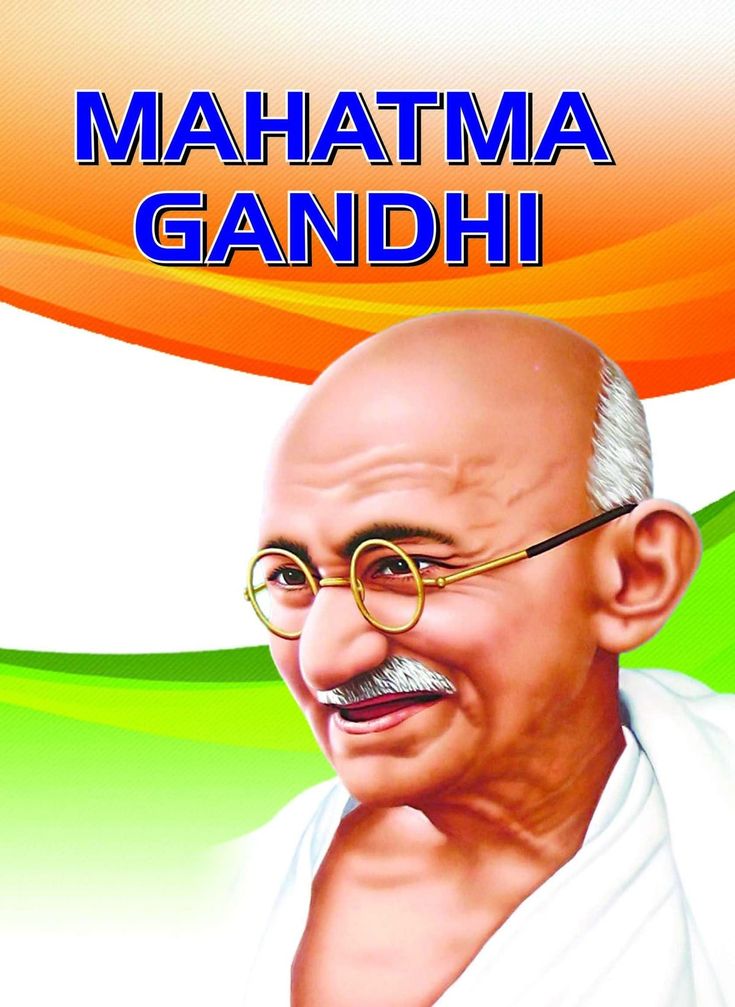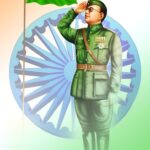Mahatma Gandhi: The Father of the Nation and Apostle of Peace
Mahatma Gandhi (1869–1948) stands as one of the most influential leaders in world history. Known as the Father of the Nation in India, Gandhi was the driving force behind the country’s struggle for independence through his philosophy of nonviolence (Ahimsa) and truth (Satya). His life and teachings continue to inspire movements for civil rights and freedom across the globe.
Early Life and Education: Mahatma Gandhi
Born: October 2, 1869, in Porbandar, Gujarat, India.
Full Name: Mohandas Karamchand Gandhi.
Gandhi was born into a devout Hindu family. His father, Karamchand Gandhi, was the Diwan (chief minister) of Porbandar, and his mother, Putlibai, was deeply religious, influencing his early values of compassion and duty.
Education
- Gandhi studied law in London, enrolling at the Inner Temple in 1888.
- He became a barrister but struggled to establish a legal practice in India.
- In 1893, he moved to South Africa, a turning point in his life.
Gandhi’s Transformation in South Africa; Mahatma Gandhi
1. Encounter with Racism
While in South Africa, Gandhi faced racial discrimination firsthand, such as being thrown off a train for traveling in a first-class compartment despite holding a valid ticket.
2. Birth of Satyagraha
These experiences led Gandhi to develop the concept of Satyagraha, meaning “truth force” or “soul force,” a method of nonviolent resistance.
- He led campaigns against discriminatory laws targeting Indians in South Africa.
- His success in mobilizing the Indian community earned him widespread recognition.
Return to India and Leadership in the Freedom Struggle: Mahatma Gandhi
Gandhi returned to India in 1915 and quickly emerged as a leader in the Indian independence movement.
1. Champaran and Kheda Satyagraha
- In 1917, Gandhi led the Champaran Satyagraha in Bihar, supporting farmers forced to grow indigo under exploitative conditions.
- In 1918, he led a movement in Kheda, Gujarat, to support farmers unable to pay taxes due to famine.
2. Non-Cooperation Movement (1920–1922)
- Gandhi called for the boycott of British goods, schools, courts, and other institutions.
- The movement gained massive support but was suspended after violent incidents, reflecting Gandhi’s commitment to nonviolence.
3. Dandi March (1930)
- Gandhi famously led the Salt March to protest the British monopoly on salt.
- This 240-mile march to the coastal village of Dandi was a pivotal moment in India’s struggle for independence.
4. Quit India Movement (1942)
- Gandhi called for the immediate withdrawal of British rule during World War II.
- The movement led to widespread protests, arrests, and eventual British acknowledgment of India’s demand for independence.
Philosophy and Teachings; Mahatma Gandhi
1. Nonviolence (Ahimsa)
Gandhi believed in resolving conflicts through nonviolent means, rejecting hatred and aggression.
2. Truth (Satya)
For Gandhi, truth was paramount in both personal conduct and political struggle.
3. Self-Reliance (Swadeshi)
He promoted self-reliance by encouraging the use of locally made goods and the revival of traditional crafts like spinning khadi.
4. Sarvodaya (Welfare for All)
Gandhi’s vision extended to the upliftment of all sections of society, emphasizing equality and justice.
5. Religious Harmony
He advocated for unity among India’s diverse religious communities, particularly Hindus and Muslims.
Legacy and Impact: Mahatma Gandhi
1. India’s Independence
Gandhi’s leadership was instrumental in securing India’s freedom from British rule on August 15, 1947.
2. Global Influence
- Gandhi inspired leaders like Martin Luther King Jr., Nelson Mandela, and César Chávez in their struggles for civil rights and freedom.
- His philosophy of nonviolence influenced global movements for peace and justice.
3. Social Reforms
Gandhi campaigned against untouchability, promoted women’s empowerment, and encouraged education for all.
4. Symbol of Peace
Gandhi remains a universal symbol of peace, resilience, and moral leadership.
Observance and Tributes; Mahatma Gandhi
Gandhi Jayanti:
Gandhi’s birth anniversary, October 2, is observed as Gandhi Jayanti in India and International Day of Nonviolence worldwide.
- Tributes include prayer meetings, cultural programs, and spinning khadi to honor his ideals.
Statues and Memorials
- Raj Ghat, his memorial in Delhi, is a place of national importance.
- Statues of Gandhi can be found worldwide, symbolizing his enduring influence.
Interesting Facts About Mahatma Gandhi
- Simple Lifestyle: Despite his global influence, Gandhi lived modestly, spinning his own clothes and practicing simplicity.
- Influence on Currency: Gandhi’s image appears on Indian currency notes, reflecting his significance.
- Vegetarianism: He was a staunch vegetarian and an advocate for animal rights.
- Salt March: The Dandi March remains one of the most iconic acts of civil disobedience in history.
- Last Words: Gandhi’s last words, “Hey Ram,” expressed his devotion and spirituality.
FAQs About Mahatma Gandhi
1. Why is Gandhi called the “Father of the Nation”?
Gandhi’s pivotal role in leading India to independence earned him this title.
2. What is Gandhi’s concept of Satyagraha?
Satyagraha is a method of nonviolent resistance rooted in truth and moral courage.
3. How did Gandhi promote self-reliance?
He encouraged the Swadeshi movement, advocating for local production and the use of indigenous goods.
4. Why is October 2 celebrated as International Day of Nonviolence?
The United Nations designated this day to honor Gandhi’s philosophy of nonviolence.
Significance in Modern Society; Mahatma Gandhi
Gandhi’s principles remain relevant in addressing contemporary challenges:
- Conflict Resolution: Nonviolence can address global conflicts and social unrest.
- Sustainability: His emphasis on simple living aligns with modern environmental movements.
- Social Justice: Gandhi’s vision of equality and inclusion inspires efforts to combat discrimination.
Wishing Mahatma Gandhi Legacy Forward
To honor Gandhi, one must embrace his values of truth, nonviolence, and selflessness. His teachings encourage individuals to act with integrity and work for the betterment of humanity.
Final Thoughts: Mahatma Gandhi
Mahatma Gandhi’s life is a testament to the power of nonviolence and truth. His unwavering commitment to justice, equality, and freedom continues to inspire millions worldwide. As the Father of the Nation, Gandhi’s ideals are a guiding light for building a more peaceful and just world.











Pretty! This has been a really wonderful post. Many thanks for providing these details.